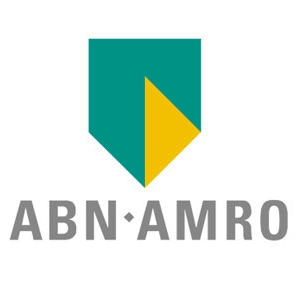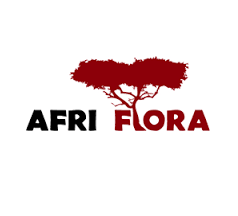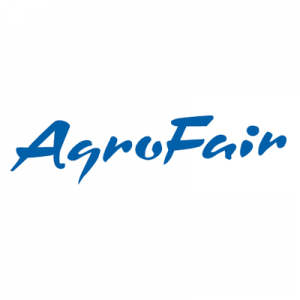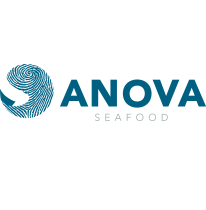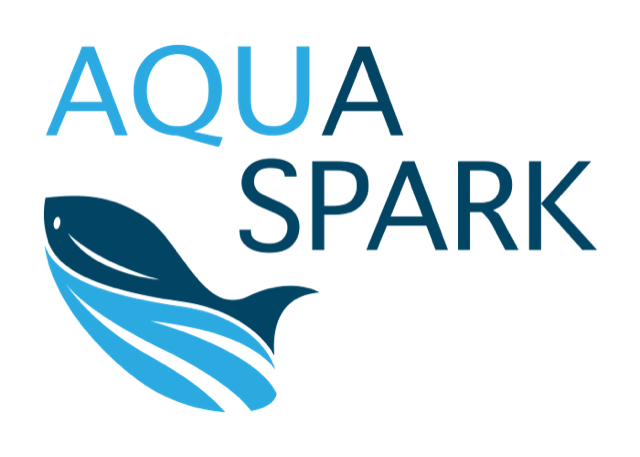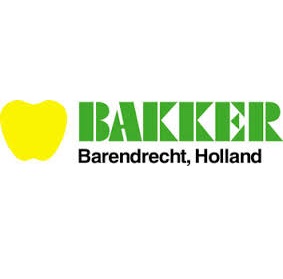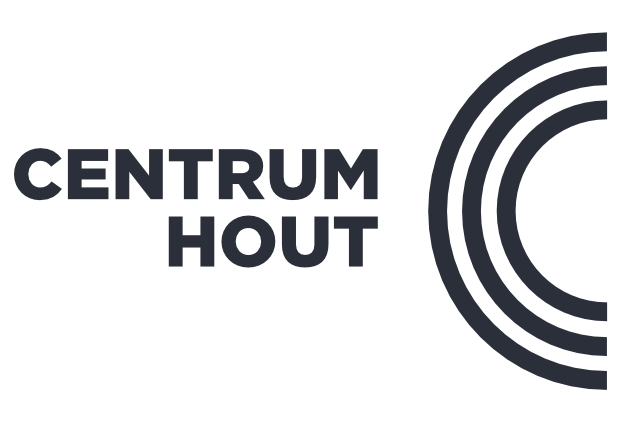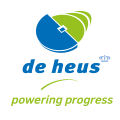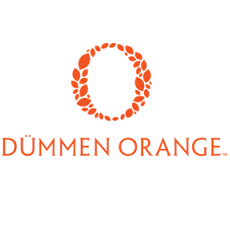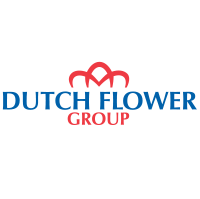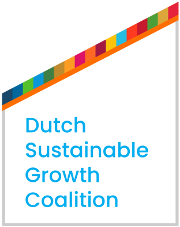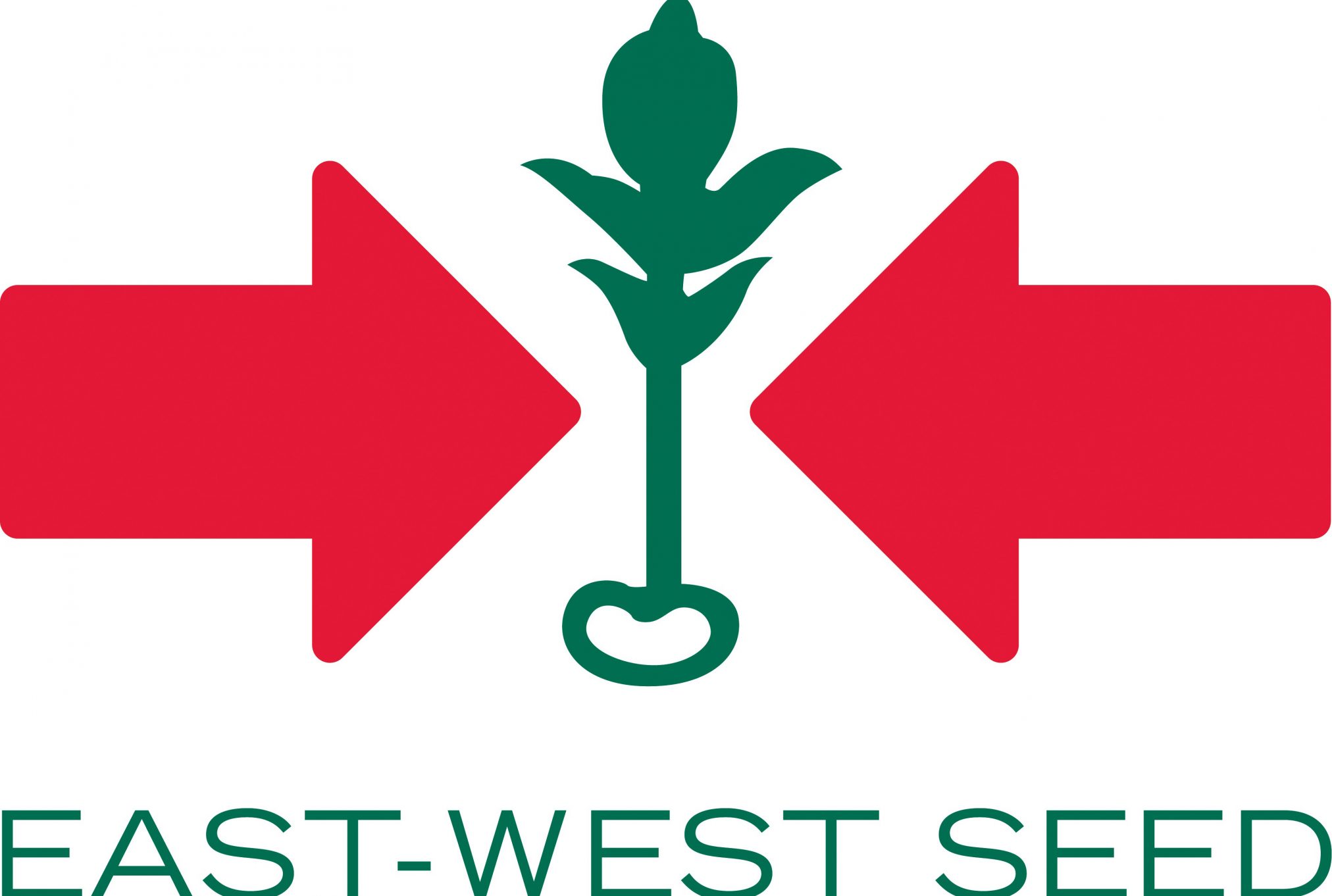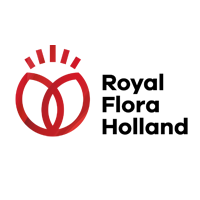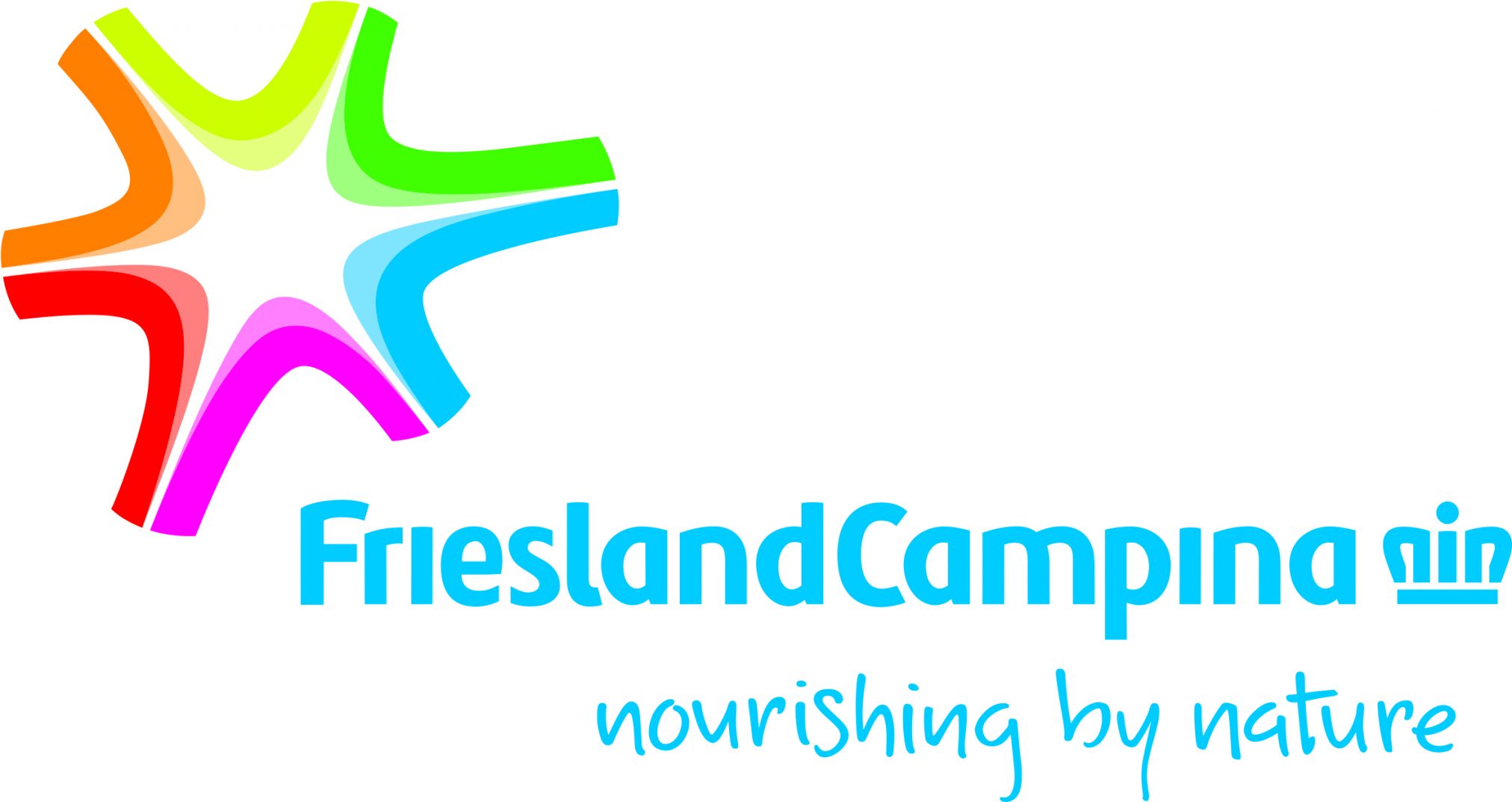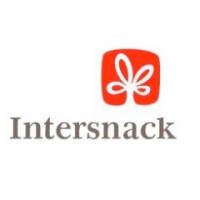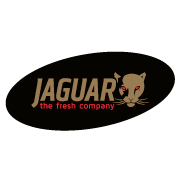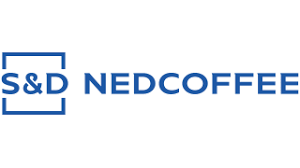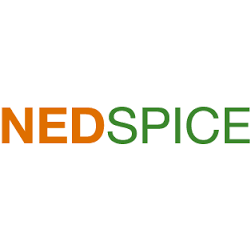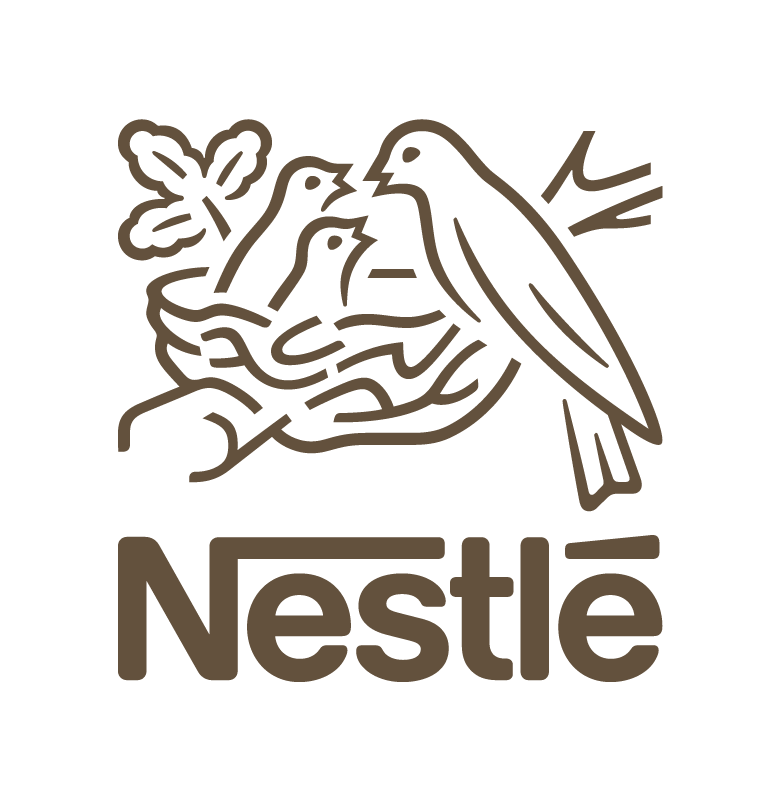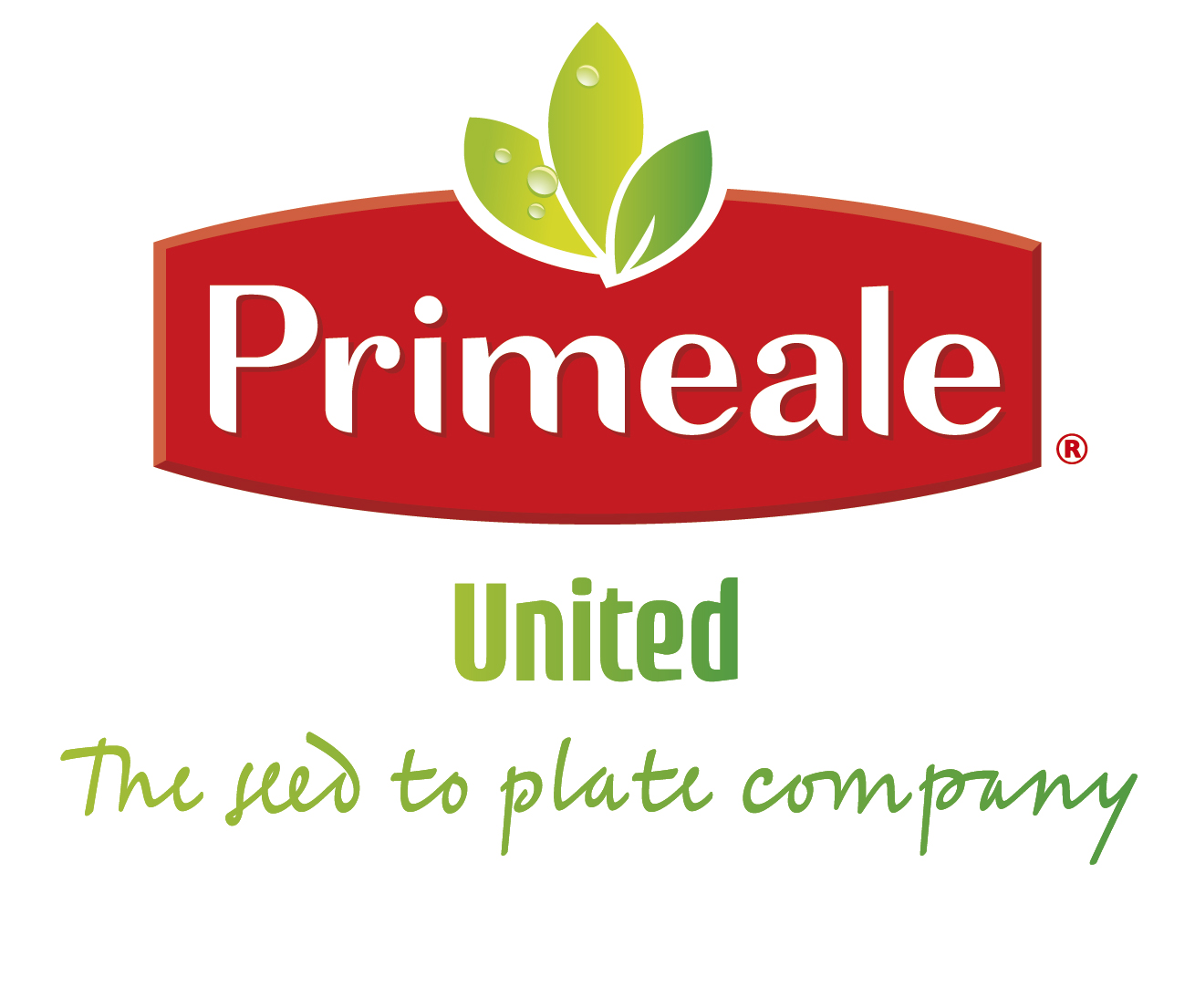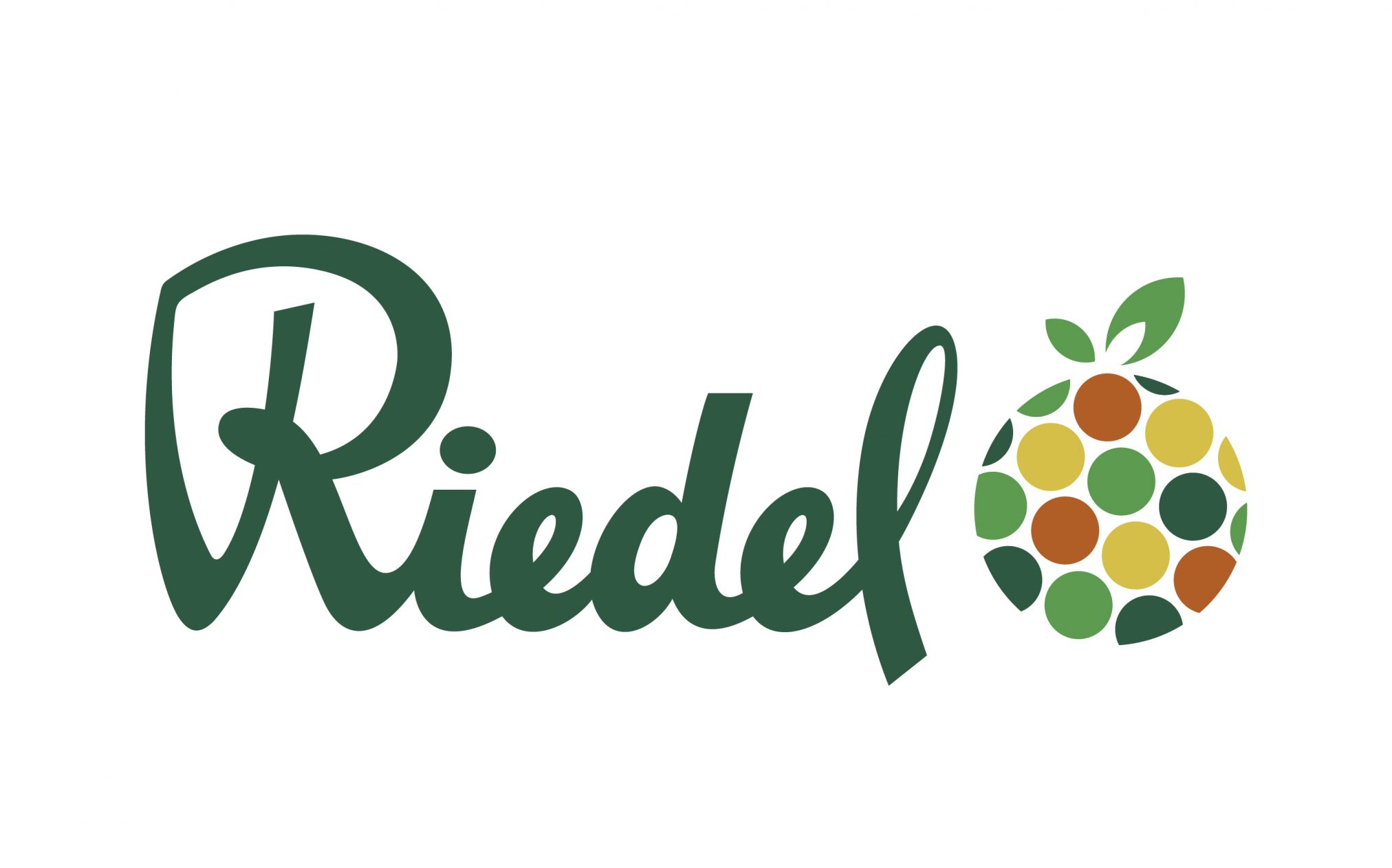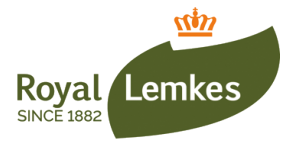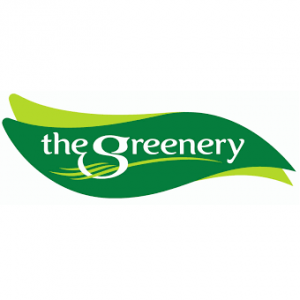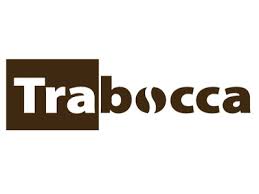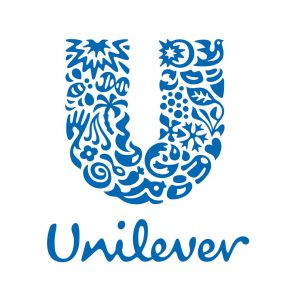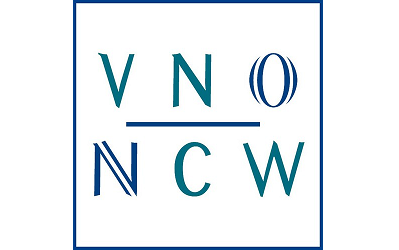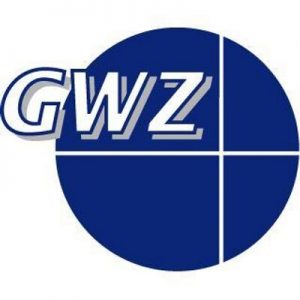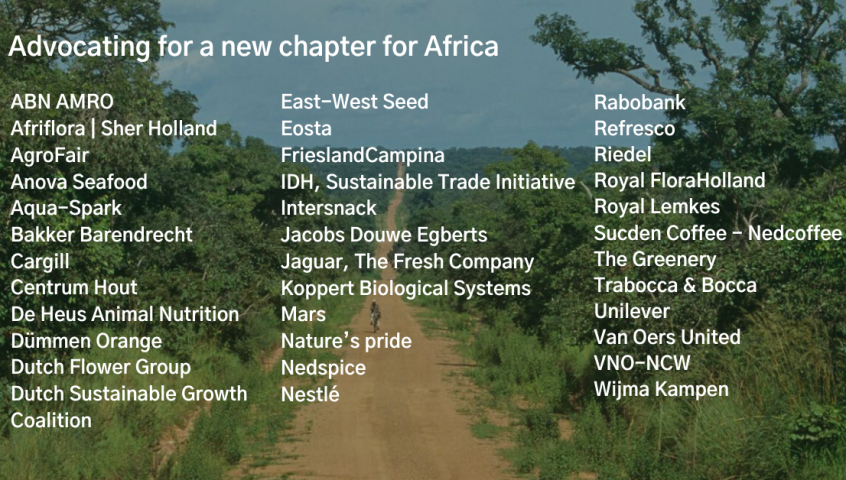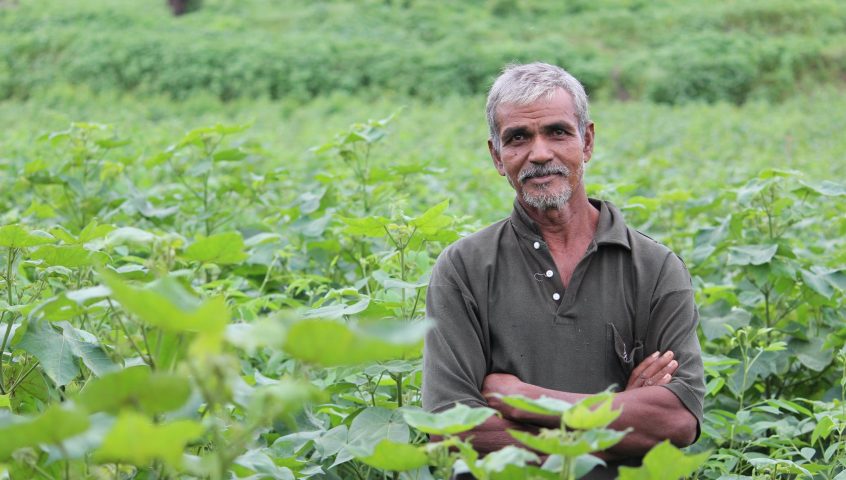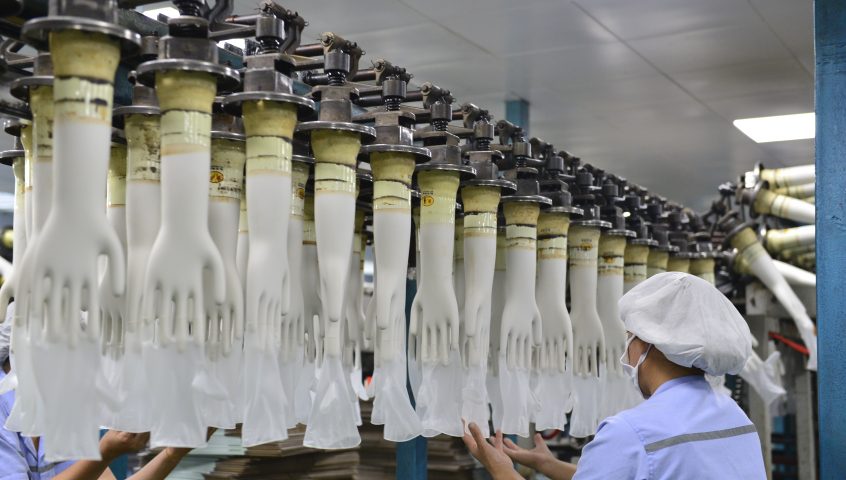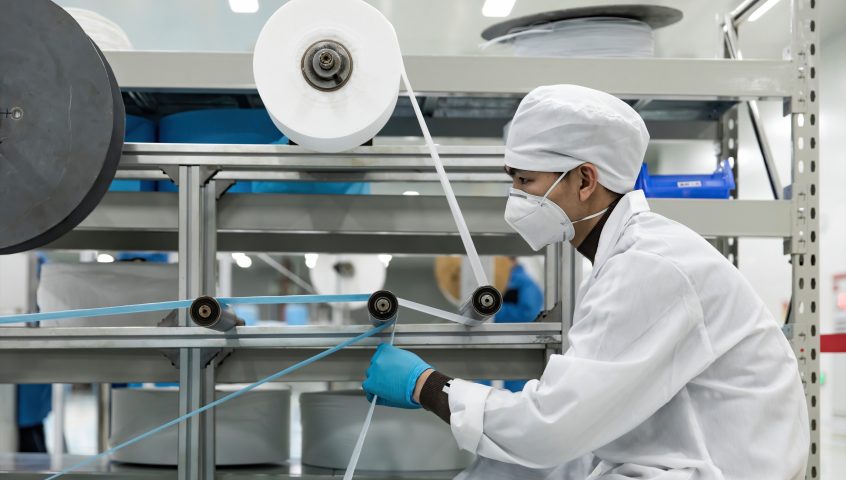The time has come for sustainable trade with Africa
This letter was first published in the newspaper Het Financieele Dagblad
If we have learned one thing from the coronavirus crisis, it is that our success and failure hinges on how well we work together. In every corner of the Netherlands disrupted by the virus, an urge to cooperate is arising to match it. Besides local initiatives, you can see this in new partnerships between the public and private sectors. Now, as we cautiously look towards recovery, it is time to propel our energy into collaboration with Africa. Because the need for solidarity has become undeniable.
Until recently, Africa was growing rapidly, due to the steadily increasing volume of exports to Europe, among other factors. Even if we don’t realize it, we are tasting the benefits. The same goes for nuts and seeds. Africa is also one of the largest suppliers of vegetables and flowers. In 2018, African imports to Europe amounted to more than 151 billion euros.
The agriculture and food industry in the Netherlands has made hefty profits from the modernization taking place in Africa. A good example is cocoa: Amsterdam is the world’s biggest cocoa port. In the last 10 years, massive investments have been made into making cocoa production in West Africa more sustainable. This improves the future outlook for tens of thousands of farm holdings. And, this has allowed Dutch companies to provide chocolate bars and hagelslag sprinkles to hundreds of millions of consumers. We see the same dynamics with wood, coffee, nuts and seeds, vegetables and flowers.
Our stake in Africa goes far beyond exports. Dutch know-how and technology plays a key role in the development of the agricultural and food chains needed to feed the rapidly growing populations in African cities. The Netherlands is also in an exceptional position: our trade with Africa amounts to 27 billion annually and is closely tied to a broad collaboration between companies, governments, NGOs and research institutions. In January, the Dutch business community in the VNO-NCW (Confederation of Industry and Employers) presented an ambitious African strategy.
As a result of the coronavirus, exports of products by African farmers, growers and companies to Europe have plummeted. This is placing local supply chains in jeopardy. Factories and farm holdings are coming to a standstill due to the travel restrictions. This situation is weakening trade relations that have been built up over a long time: farmers and growers are falling back into poverty, unemployment is growing, food security is decreasing, and migration streams are swelling again. Not to mention the threat to sustainable trade.
We are companies that operate internationally, which is why we are committed to keeping the African business community afloat. We provide immediate assistance, such as healthcare and staff training. We also continue to invest, adjust contract terms, and share knowledge. However, we need to broaden the scope of our collaboration.
That is why we call on the government to start a new chapter in sustainable trade with Africa. We note three main points.
First, the Netherlands must fully commit to the importance of sustainable trade on the international stage with partners from Africa. At a time when protectionism is lurking in the background, the Netherlands can confidently communicate the importance of trade and open borders to key partners, such as EU member states and the USA. We can also use this opportunity to create an international-level playing field with the EU for sustainable trade that is good for farmers, small and medium-sized companies, the environment and future generations.
Second, we must combine crisis management with an economic perspective. It is commendable that Prime Minister Rutte and seventeen other heads of state are calling on the IMF to freeze debt payments by African countries and invest in crisis management through organisations, such as the World Bank. Yet even more than before, it is necessary to tie such emergency financial solutions to an economic future perspective whereby international trade plays a key role.
Third, we must stimulate the development of supply chains in Africa and improve how local products reach supermarkets. Dutch agricultural and logistics knowledge can play a key role in preventing new food crises and building a stronger economic base. We can have a much broader impact with public-private partnerships, including in an EU context.
As representatives of companies operating internationally, we must take the initiative to form a Dutch-Africa coalition and write this new chapter together.
The more companies, centres of knowledge and governments that participate internationally, the greater the impact will be in Africa. So, are you with us?
Signed by:
Hans de Boer,
Chair of the VNO-NCW
Jan Peter Balkenende,
Chair of the Dutch Sustainable Growth Coalition
Wiebe Draijer,
Chair of the board of Rabobank
Annemarieke de Haan,
General Manager Unilever Benelux
Joost Oorthuizen,
CEO of IDH, The Sustainable Trade Initiative
Advocated by:
Richard Kooloos,
Director Group Sustainability, ABN AMRO
Cees de Greve,
Chief Executive Officer, Afriflora | Sher Holland
Hans-Willem van der Waal,
Chief Executive Officer, AgroFair
Constant Mulder,
Director, Anova Seafood
Amy Novogratz,
Founder & Managing Partner, Aqua-Spark
Maarten van Hamburg,
General Manager, Bakker Barendrecht
Harold Poelma,
President Cocoa & Chocolate, Cargill
Paul van den Heuvel,
Director, Centrum Hout
Koen de Heus,
Chief Executive Officer, De Heus Animal Nutrition
Hugo Noordhoek Hegt,
Chief Executive Officer, Dümmen Orange
Marcel Zandvliet,
Chief Marketing Officer & Chief Sustainability Officer, Dutch Flower Group
Simon N. Groot,
Founder, East-West Seed, World Food Prize Laureate 2019
Volkert Engelsman,
Chief Executive Officer, Eosta
Hein Schumacher,
Chief Executive Officer, Royal FrieslandCampina
Bas van den Brink,
Sustainability Manager, Intersnack
Daniel Martz,
Chief Corporate Affairs & Sustainability Officer, Jacobs Douwe Egberts (JDE)
Kees Rijnhout,
Chief Executive Officer, Jaguar, The Fresh Company
Peter Maes,
Director Corporate Marketing, Koppert Biological Systems
Jack Tabbers,
General Manager Netherlands, Mars
Fred van Heyningen,
Chief Executive Officer, Nature’s pride
Alfons van Gulick,
Chief Executive Officer, Nedspice
Martine Olijslagers-Kuip,
Business Executive Officer Confectionery, Nestlé Nederland
Ralph Alting,
Sr. Central Procurement Manager, Refresco
Bas Boswinkel,
Chief Executive Officer, Riedel
Piet Haasen,
Manager R&D, Riedel
Steven van Schilfgaarde,
Chief Executive Officer, Royal FloraHolland
Michiel de Haan,
Managing Director, Royal Lemkes
Auke Vlas,
Managing Director, Sucden Coffee – Nedcoffee
Steven Martina,
Chief Executive Officer, The Greenery
Menno Siemons,
Director and founder, Trabocca & Bocca
Arno van Dongen,
Chief Executive Officer, Van Oers United
Ad Wesselink,
Director, Wijma Kampen

